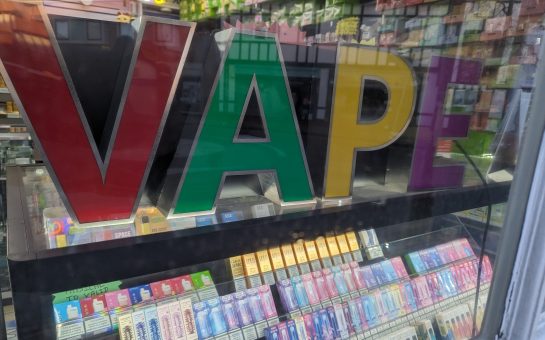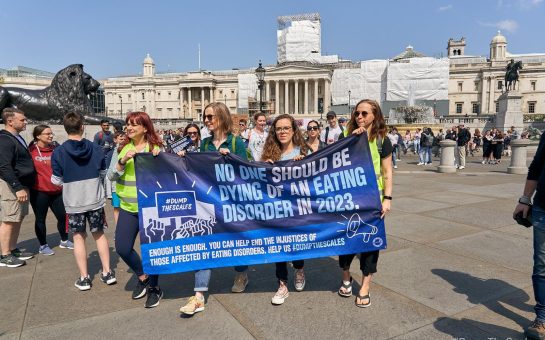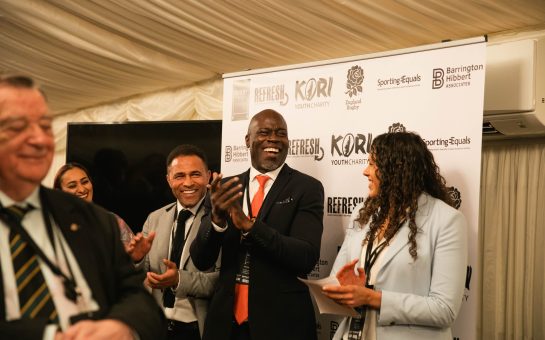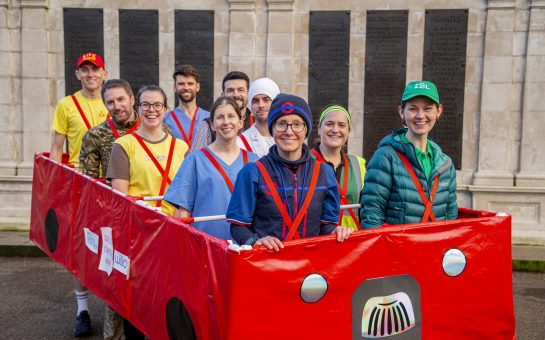The Gaia Centre in Lambeth is tackling the shocking statistics that two women in the UK are killed each week by a current or former partner and one in every four women is abused by a partner during her life-time.
The Gaia Centre provides essential support services for women in desperate situations as they serve the worst borough for domestic abuse in south west London, but why are these statistics so high?
On average, a woman is assaulted 35 times before her first call to the police – who receive an emergency call relating to domestic abuse ever 30 seconds.
Domestic violence also has the highest rate of repeat victimisation every year.
Sandra Horley CBE, chief executive of Refuge, a national domestic violence charity, said: “Let’s be clear – we will never change the harrowing statistics on domestic violence until we change the social attitudes that allow it to continue.
“We must stop blaming domestic violence on things like alcohol or stress, and start seeing it for what it is – the repeated, habitual use of violence and intimidation to control another person.”
Domestic abuse is rarely addressed by high-profile politicians, and is not viewed as an urgent issue by those unaffected by it.
However, domestic violence costs the taxpayer £16 billion each year so even disregarding the social and moral implications, it is a national problem.
SW Londoner heard the story of Anisa who moved to the UK from Somalia after marrying a man her cousin had introduced her to.
Although he was much older than Anisa, he was charming and kind and Anisa was excited about moving to the UK.
When she arrived everything changed. She was forced to do housework and clean his car. Anisa would be left alone in the house all day without food or electricity.
When Anisa felt able to report the abuse to the police, four years after her wedding, she was shocked and scared by the lack of help offered.
The police officer at the duty desk only told her to go and stay with the friend until her husband had calmed down.
Anisa felt that no one would help her, and that she had no other choice but to live on the streets. She was forced to beg and sleep rough.
Her situation got worse when one night, a man asked her why she was homeless. She told him about her husband and he offered to help.
Instead, he took her back to his flat and kept her prisoner for a week. He raped her every day.
Thankfully Anisa eventually managed to escape, with help from the local church who gave her the number for the National Domestic Violence Helpline.
The helpline worker Anisa spoke to helped to find her a space in Refuge that day. When Anisa arrived, she had nothing but the clothes she was wearing. She was given toiletries so she could take a bath, and they washed and dried her clothes for her.
In family households where domestic violence occurs, in 90% of incidents children were in the same or the next room and in over 50% of known domestic violence cases, children were also directly abused.
Ms Horley said: “Our services support 3,000 women and children on any given day, and the number of women who approach us for support remains relatively steady throughout the year.
“It’s important to remember that increases in reports do not always mean increases in incidents. For example, we recently had a huge spike in calls in response to a BBC programme about domestic violence.
“Those that reached out to us did so not because there was an increase in violence, but because they were prompted to seek help.”
Shedding light on this issue is often difficult. Refuge has a long history of working with programme-makers to ensure domestic violence is portrayed responsibly and accurately.
These have included, Eastenders, Casualty and BBC Three’s Murdered by my Boyfriend, as well as with the production teams behind films like Tyrannasaur.
Whenever a domestic violence programme is aired, calls to the helpline soar and visits to Refuge’s website more than double – demonstrating that these programmes have a positive impact, and reach out to women who are in need of help.
Ms Horley said: “Documentaries, soaps, dramas and films which highlight domestic violence, when produced and researched properly, do a great job of helping the public better understand the issue.
“Domestic violence-related programmes are also a fantastic way to share important information with women who may need support.”
Refuge urges anyone who is worried about a friend or family member to visit their website.
If you think you may be experiencing domestic violence or are afraid of your partner, you are not alone. Refuge can support you. Click here for more information.
Picture courtesy of Conor McClure, with thanks




